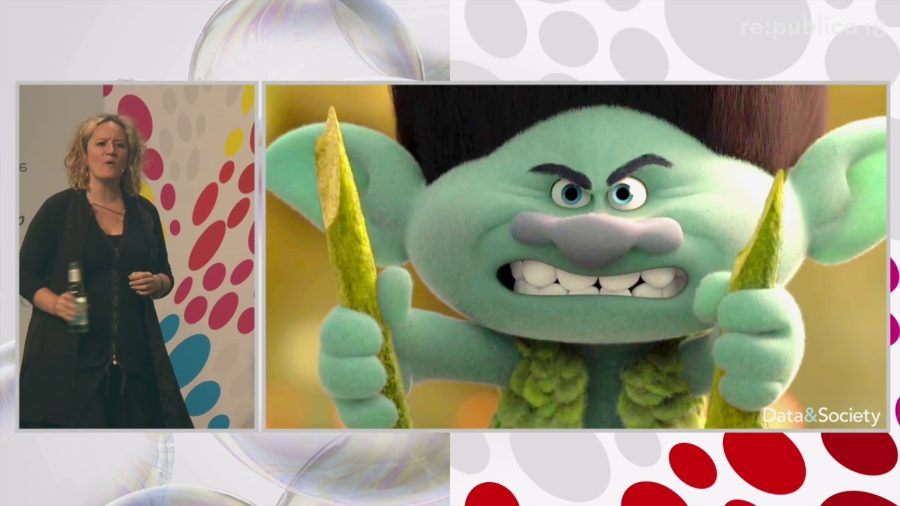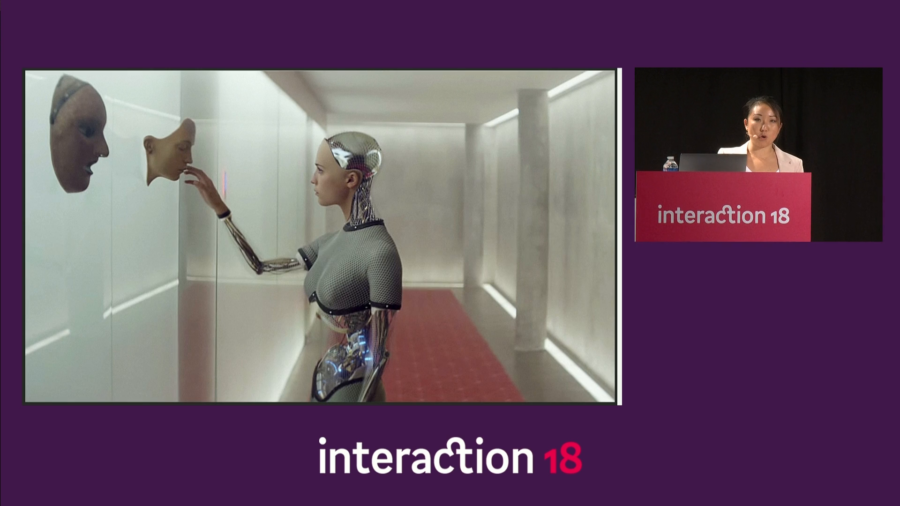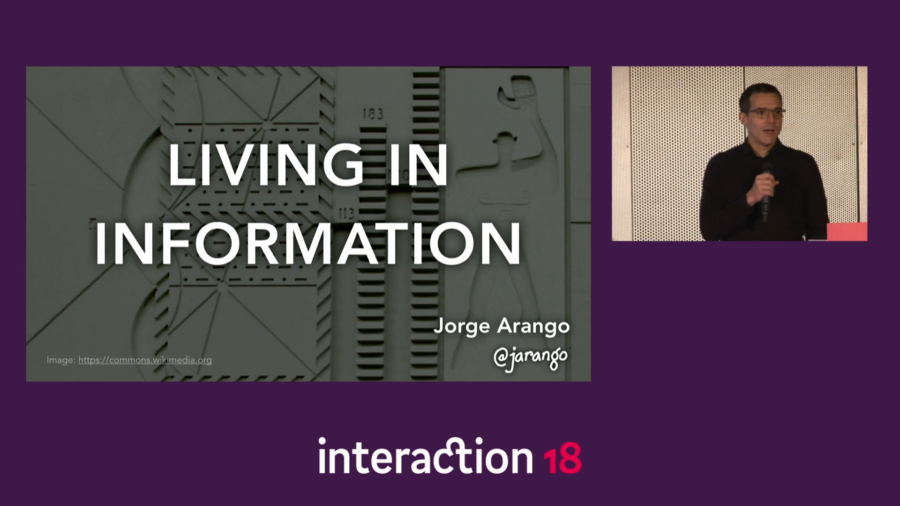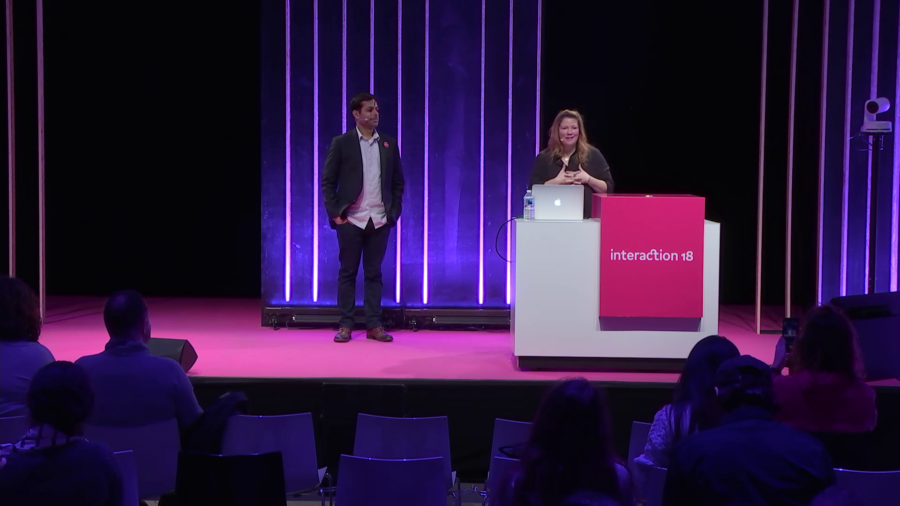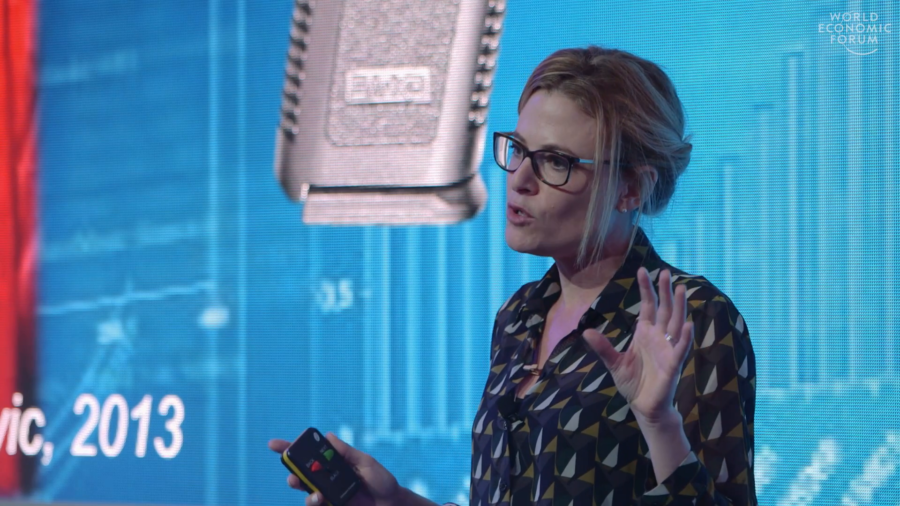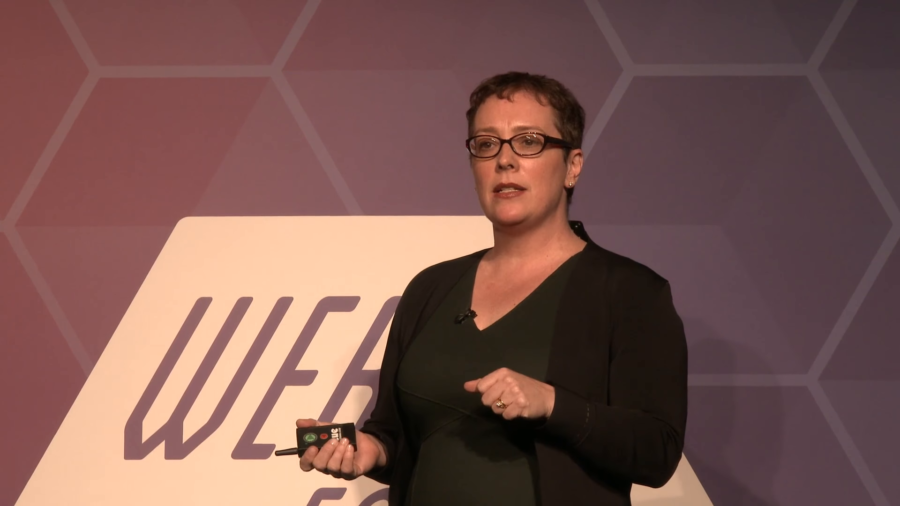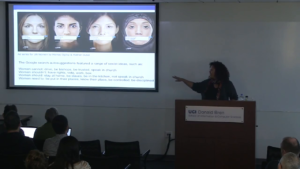All they have to do is write to journalists and ask questions. And what they do is they ask a journalist a question and be like, “What’s going on with this thing?” And journalists, under pressure to find stories to report, go looking around. They immediately search something in Google. And that becomes the tool of exploitation.
George Steiner: The Humanities Don’t Humanize
presented by George Steiner
When we invoke the ideals and practices of the humanities, there is no assurance…that they humanize. Read more →

